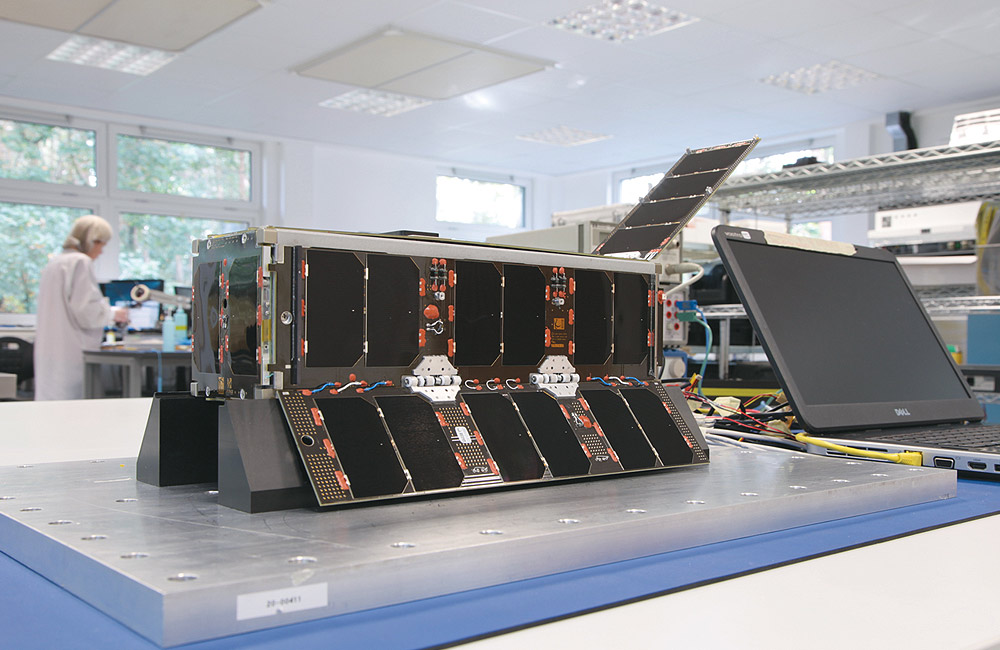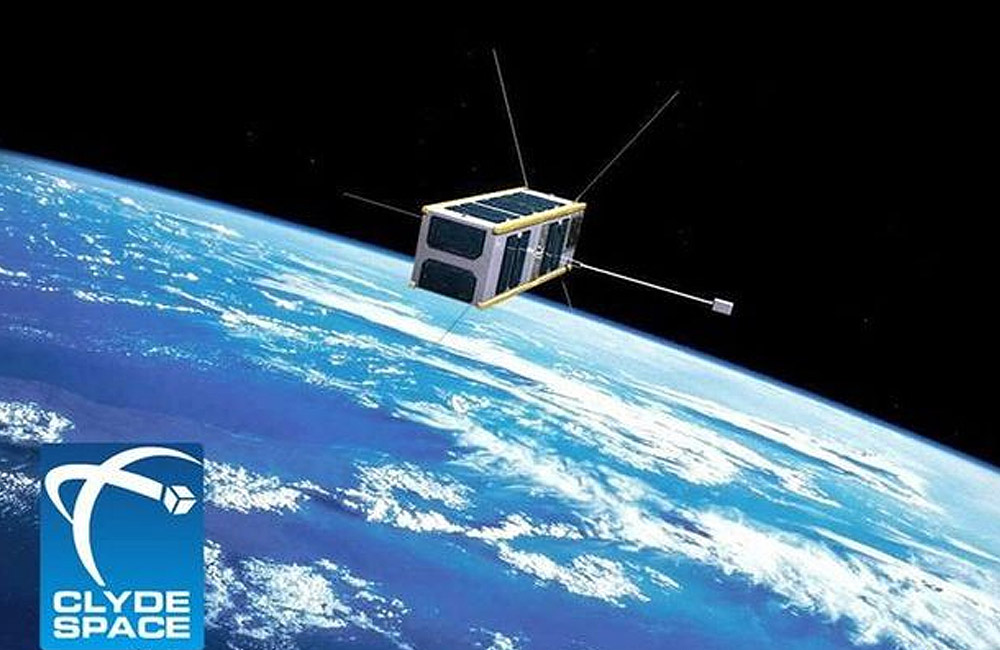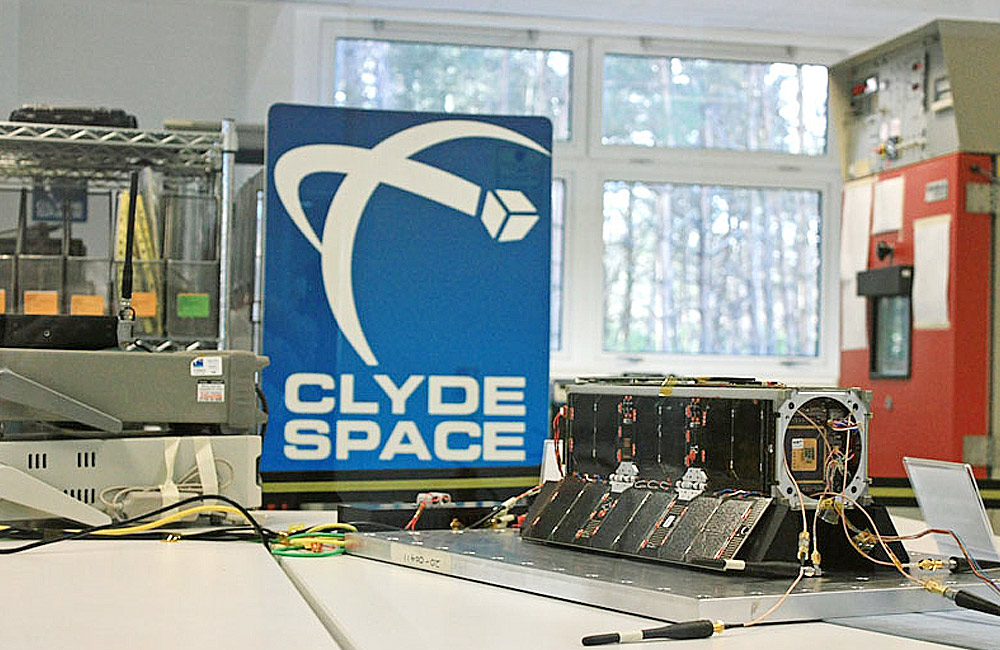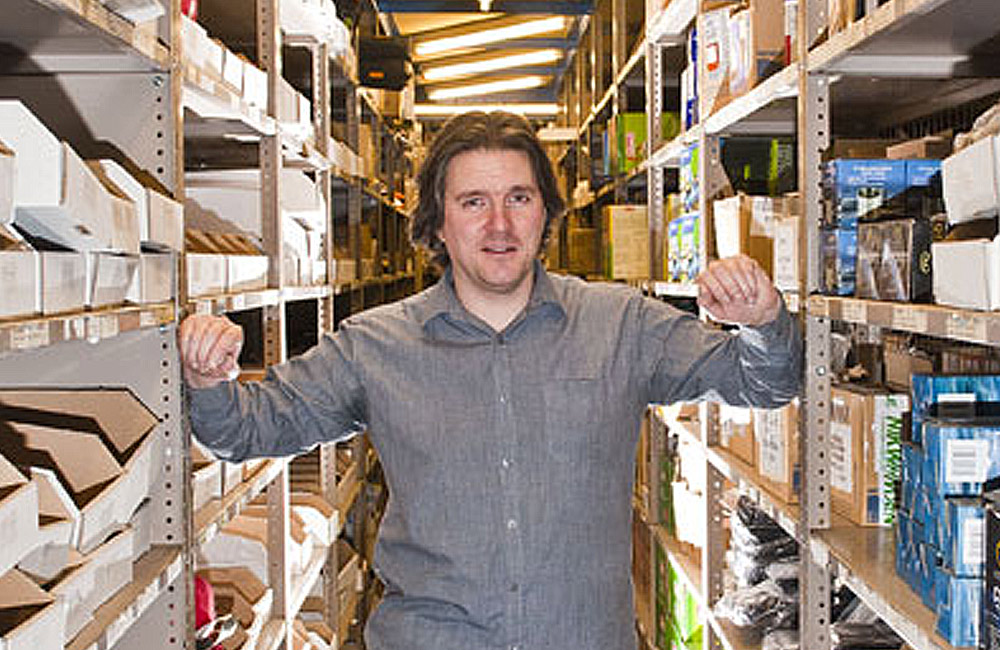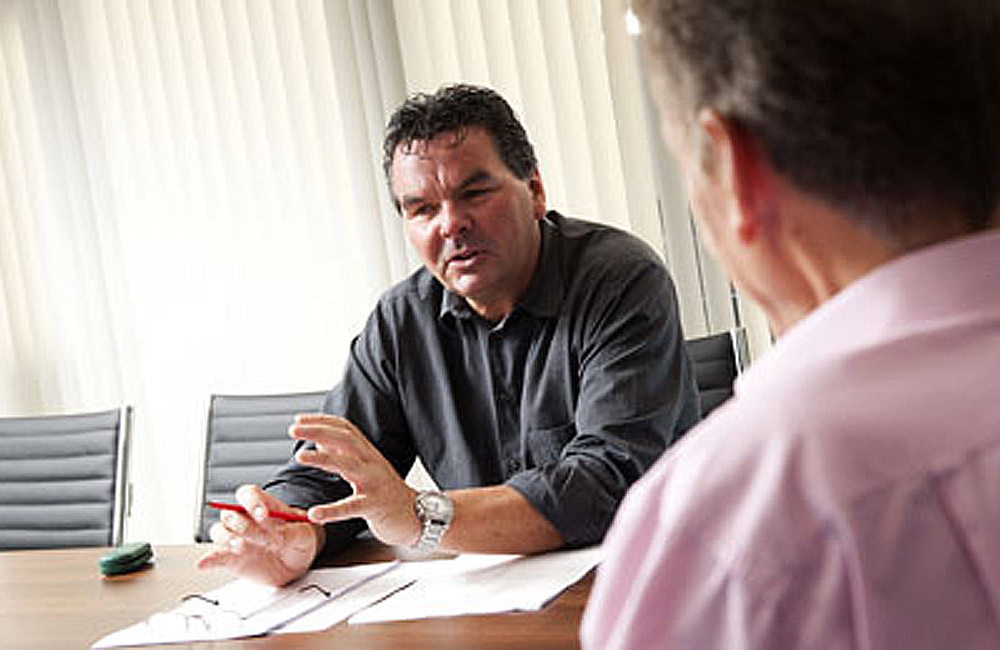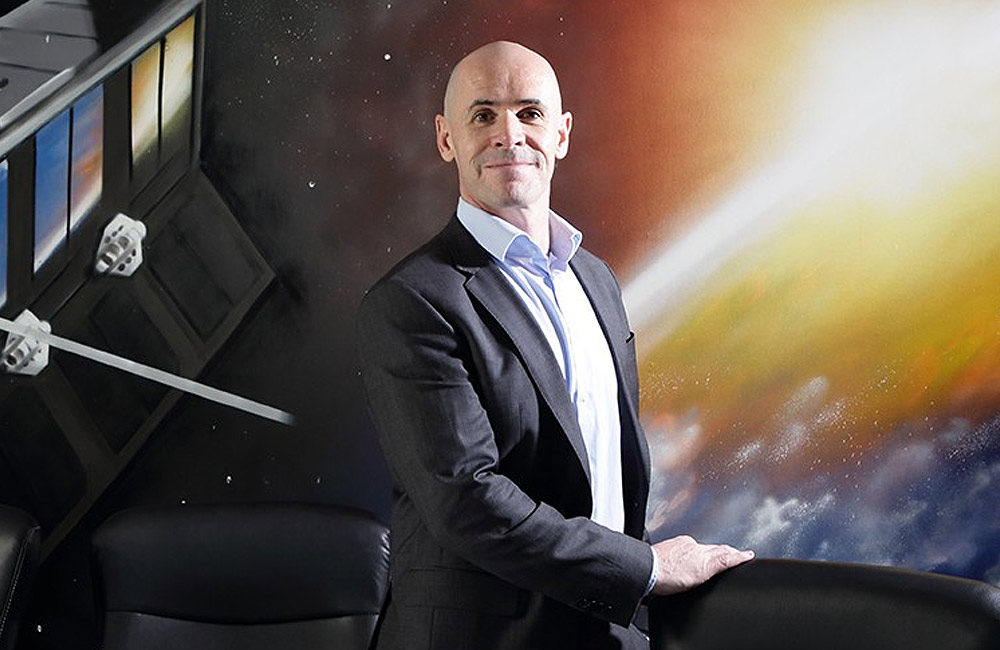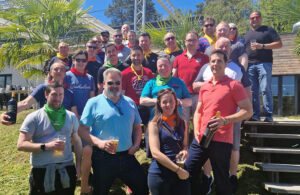Lanarkshire house builder Rosewood Homes is investing £6million in three new projects at Carluke, Lanarkshire, after acquiring 12,900 square metres of prime building land. Developments will range from four and five-bedroom luxury villas to affordable two-bedroom flats.
Rosewood Homes, and sister company Rosewood Contracts, are run by Carluke-based builder Lou Lauder (50) who says the area is ideally located for buyers across the property sector.
He said: “The town has become increasingly popular with commuters because of its excellent road and rail links to Glasgow and Edinburgh, making both easily accessible.
“We are building a range of homes at prices people can afford and which offer true value, especially when compared to the spiralling cost of property in the big cities.”
Born and raised in Carluke, Lou and his family still live in the town. Lou started in the building industry as an apprentice joiner with the South Lanarkshire Council.
Since founding Rosewood, the company has built several developments in the Carluke area over the last 10 years, establishing a reputation for delivering top quality properties, ranging from one-bedroom flats or spacious family homes.
Lou said: “As the Scottish property market comes back to life and new-build homes are financially more available through the Government’s Help to Buy Scheme, we see the Rosewood’s venture in Carluke as a solid investment.”
“We are investing heavily in the area because we believe Carluke will continue to grow and prosper.”
The Scottish Government’s Help to Buy Scheme provides an equity loan of up to 20% of the purchase price of a new build home. The incentive is open to all buyers and is particularly attractive to first time buyers who need as little as a 5% deposit to secure a property.
The first of the three projects in Carluke is individually designed four and five-bedroom villas on Luggie Road. New build properties at the luxury end of the market are increasing in the Carluke area but Rosewood’s development will be the first located close to the town centre.
David Manson, from Glasgow based architects Manson Associates, says the houses are designed with modern innovation.
“A real selling point of this development is its stunning views over the surrounding South Lanarkshire countryside. Each house is built to embrace its natural surroundings through south-west facing balconies and energy efficient design.”
Rosewood Homes is currently completing a social housing project in Carluke in partnership with Clyde Valley Housing Association. The development of 12, one-bedroom units is running on budget and ahead of schedule. With demand for social housing high, Rosewood has ambitious plans to expand its involvement in social housing projects with local councils.
The Rosewood Group is backed by private equity company Coralinn which is supporting Rosewood in an ambitious three-year growth plan. Coralinn’s managing partner and Rosewood Group chairman is leading Scottish entrepreneur Hugh Stewart OBE.
The majority of Rosewood’s team are from Carluke or surrounding local areas, the company is keen to continue its investment in local talent and skill through its apprenticeship scheme which is set to grow as the company develops.
Read about Rosewood Home’s venture into Carluke in The Herald, published 19th April 2014:
http://www.heraldscotland.com/business/company-news/rosewood-homes-to-develop-in-carluke.23995991


